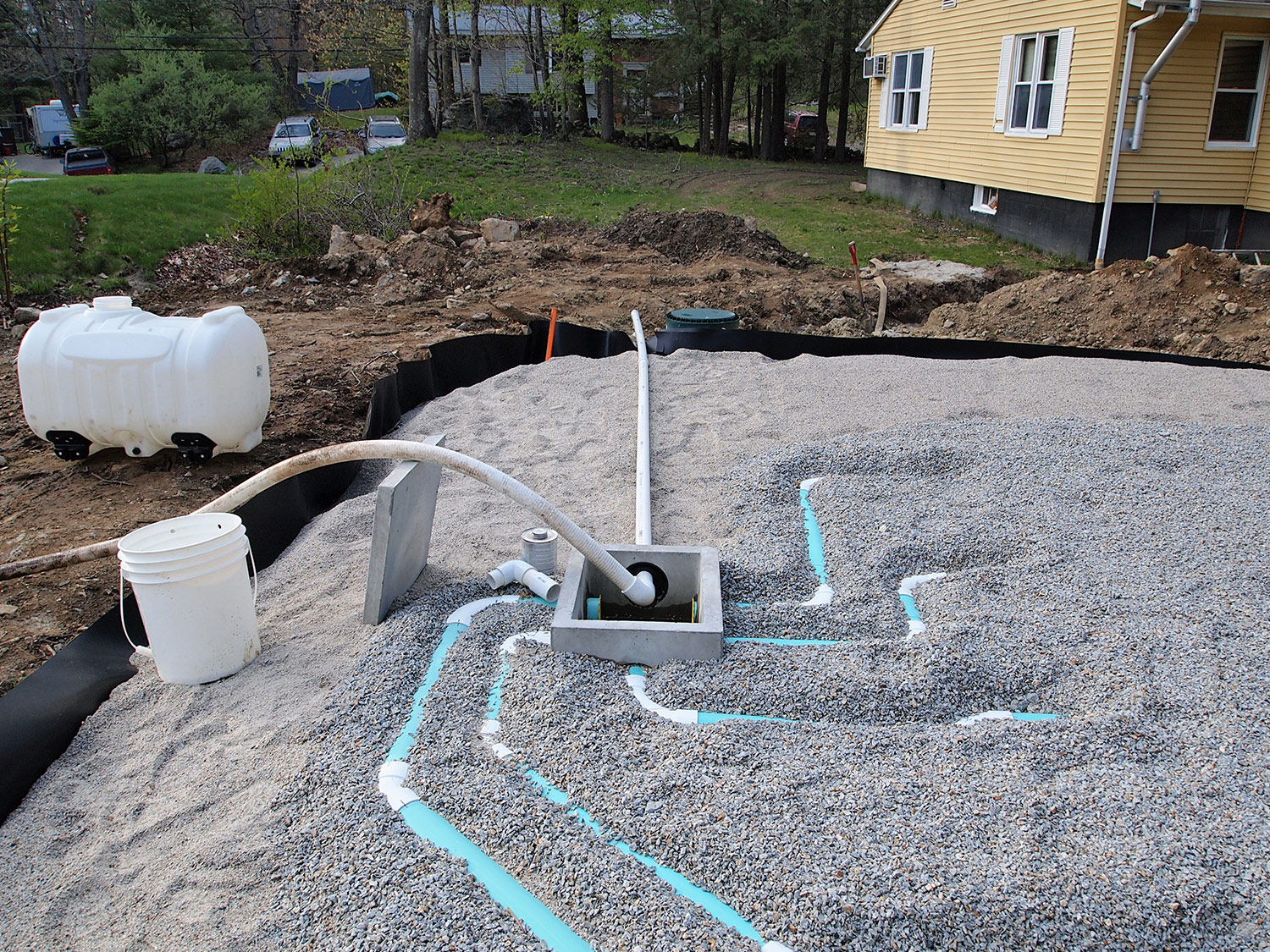
How do I find a copy of my septic system's design?
Typically, a septic system is permitted and inspected by your local permitting authority, most often the local health or environmental department. You can contact them to obtain a copy of your property’s septic record drawing (the “as-built” design) and copies of the permit. The permit may also have additional information on your system, such as the date of installation, soil properties, etc.Where should septic tanks be placed?
Your local health department may have septic tank placement requirements and a minimum setback distance from your foundation. Typically, it should be located on level ground so solids can settle in the tank. The location of the plumbing outlet usually dictates where the tank is located and depth of the tank to account for adequate slope on the inlet pipe. Septic tanks should be placed away from areas subject to flooding and surface water ponding. The tank should be properly vented. Avoid steep slopes and areas of dense tree roots or other obstructions. Also, place the septic tank where it is accessible for future inspections and pump outs.
How close can a septic tank be to a property line?
Isolation distances from septic tanks to property lines are typically part of local or state permitting regulations. Contact your local permitting authority which is most often the local health or environmental department for specific requirements in your area. Your local zoning regulations may also include setbacks to various features like buildings and property lines.
How do I get a permit for the repair, new construction, or replacement of a septic system?
A septic system permit is issued by your local permitting authority which is most often the local health or environmental department. You can apply for the permit yourself, or the contractor hired to build the system can obtain it on your behalf. Check with your local municipality in the event they also require additional permits to install your system.
Is one type of septic system better than another?
The type of septic system for your home depends on a variety of factors, such as lot size, ground slope, soil conditions, size of the home/occupancy, local/state regulations, and your budget. Some properties can be served by a conventional gravity septic tank and drainfield, while others may require advanced technologies for wastewater treatment or alternate drainfields – like low pressure pipe or drip distribution systems. For more information on the most common types of septic systems, visit EPA's Types of Septic Systems. Some advanced treatment systems have test results demonstrating their treatment performance.
For more information, contact Morse Engineering and Construction.
Source: epa.gov
